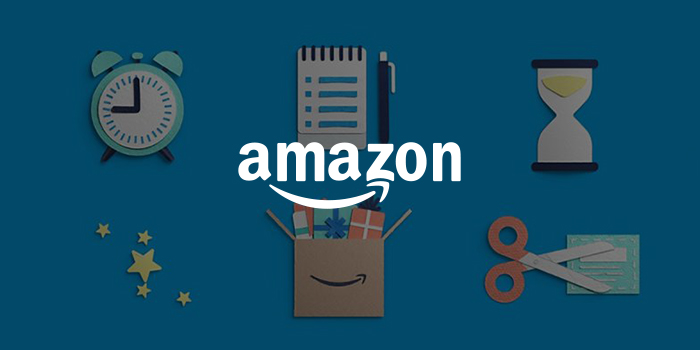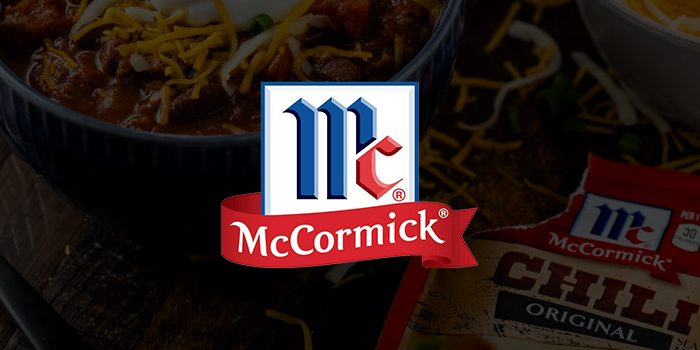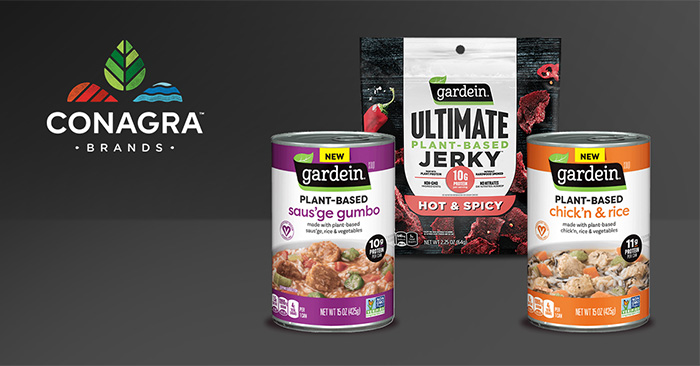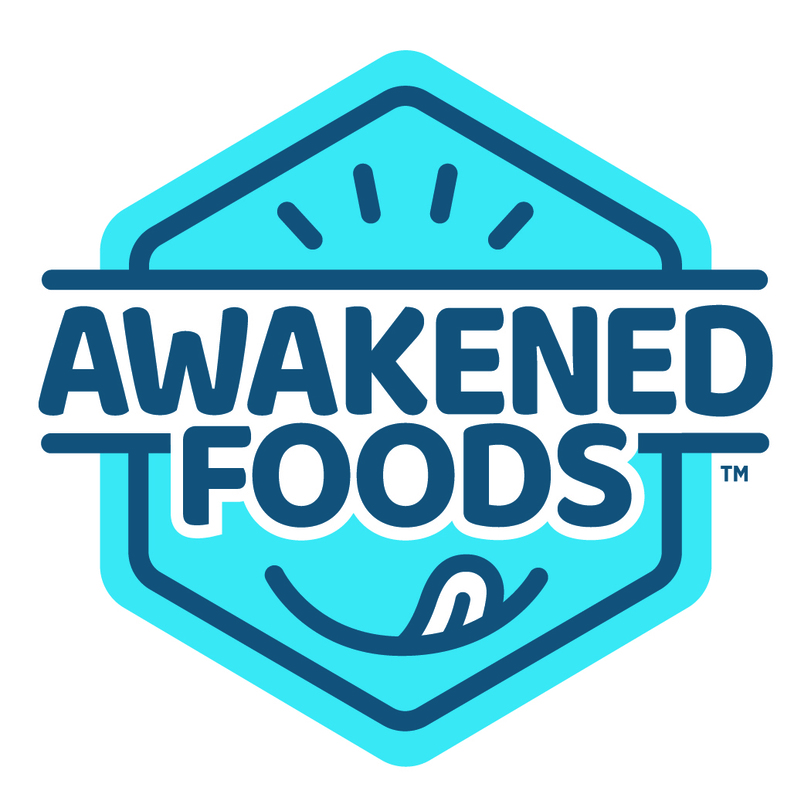The Checkout: ShipBob Receives $68M Investment, Amazon Boosts Small Brands
Welcome to The Checkout: an express lane for the weekly news you need to know, always 10 items or less

ShipBob Receives $68M Investment
Global e-commerce fulfillment company ShipBob this week announced the close of a $68 million Series D round of funding led by venture capital firm SoftBank, which has previously invested in companies including Uber, Slack and food delivery platforms DoorDash and goPuff. The new round brings ShipBob’s total funding to $130.5 million.
Founded in 2014, Chicago-based ShipBob supports 3,600 small to mid-sized e-commerce businesses selling through platforms including Shopify, Walmart and Amazon. The company has seen a “tremendous acceleration” of customers during the pandemic, according to a blog post by co-founder and CEO Dhruv Saxena. Since April, the company has added six new fulfillment centers, for a total of 10 throughout the U.S., Canada and Europe, and hired hundreds of workers, he said. The new capital will help further grow the team and fund the opening of two more U.S.-based facilities this year and 10 more in 2021, expanding into Asia and Australia.
“E-commerce businesses should be able to compete and win on building a better product, and focus on making their customers happy and growing their business — not building a better supply chain,” Saxena said.
Amazon Announces Prime Day, Invests $100M in Small Brand Promotions
Amazon this week announced Oct. 13-14 as the new dates for its annual Prime Day shopping event, which was postponed in July due to the COVID-19 pandemic. Ahead of the event, Amazon is investing $100 million into small brand promotions, including food and beverage companies, starting the offer of a $10 credit for Prime Members who spend at least $10 at select small businesses. This initiative, which began Monday and runs until October 12, is Amazon’s largest promotion for small businesses to date, the company said.
The online retailer has also integrated the option to search by region or by founder profile, such as Black-owned and woman-owned brands. The goal, the company said, is to offer support to small and local brands that have particularly struggled during the pandemic.
Jeff Wilke, Amazon’s CEO of worldwide consumer business, said in a release that the company aims to make this “the most successful Prime Day ever” for small brands during an “unprecedented year.”
Additionally, Amazon is offering Prime Members a similar “Give $10, Get $10” program for in-person shoppers at Whole Foods or any of Amazon’s brick-and-mortar stores, for pickup or via delivery.
As the ecommerce boom continues, Walmart is ramping up similar efforts to attract shoppers to its stores and online storefront, including rolling out its own membership program, Walmart+.
McCormick Q3: Cooking ‘Becomes a Habit’
Spice and condiment company McCormick & Company this week reported its third quarter sales grew 8% year-over-year to $1.4 billion, with CEO Lawrence Kurzius noting that cooking at home has “become a habit.”
“Research and trend data show that not only are consumers cooking more at home, they’re enjoying it,” Kurzius said on a call with analysts. “[They] have even accelerated their use of spices, seasonings and condiments as the pandemic has progressed.”
During the quarter, sales among U.S. consumers were up 17% year-over-year. Additionally, a number of categories, including cooking products from Thai Kitchen, had 7% more repeat buyers than in the previous quarter, while new products like BBQ sauce brand Stubb’s low-sugar line saw “exceptional trial.” Additional launches were delayed as retailers focused on staples, he said, with more innovation planned for 2021.
Many consumers shopping the company’s products online as well: e-commerce sales grew by triple digits during the quarter.
Conagra Q1: Evolving Snacks and Frozen Food
In its first quarter earnings call yesterday, food company Conagra announced a 12.1% increase in net sales to $2.7 billion during the quarter as elevated demand continues across meals, pantry staples and snacks.
During a presentation, president and CEO Sean Connolly said that all three of the company’s retail segments performed strongly in the quarter. Conagra’s portfolio, he noted, appeals to both convenience-minded consumers and cooks via ready-to-eat meals and pantry staples, respectively. As more consumers eat at home, Conagra saw a strong increase in new buyers — including many millennials — with 84% buying repeat purchasing items.
Conagra’s refrigerated and frozen food segment grew 17.9% to $1.1 billion in the quarter, fueled by new varieties of single-serve meals like Gardein Healthy Choice Power Bowls and launches from frozen vegetable brand Birds Eye, which included new Crispy Veggies, Cauliflower Wings and Zucchini Fries. Additionally, the company’s grocery & snacks segment grew 16% to $1.1 billion in sales, with new launches including plant-based jerky and a plant-based soup line from Gardein.
“New products are not only going out the door — they are really performing,” Connolly said. “Demand from customers for our new innovation remained extremely strong.”
As it continues evolving its business model, Conagra also this week announced the sale of pretzel company H.K. Anderson to Utz. According to Conagra, H.K. Anderson generated approximately $10 million in net sales during fiscal 2020. The deal follows the company’s sale of its direct-store-delivery (DSD) snack business to Utz in 2019.
In a release, Dylan Lissette, Utz Brands CEO said H.K. Anderson is “tailor made” for Utz, adding that the filled pretzels segment is “ripe for innovation and growth.”



















